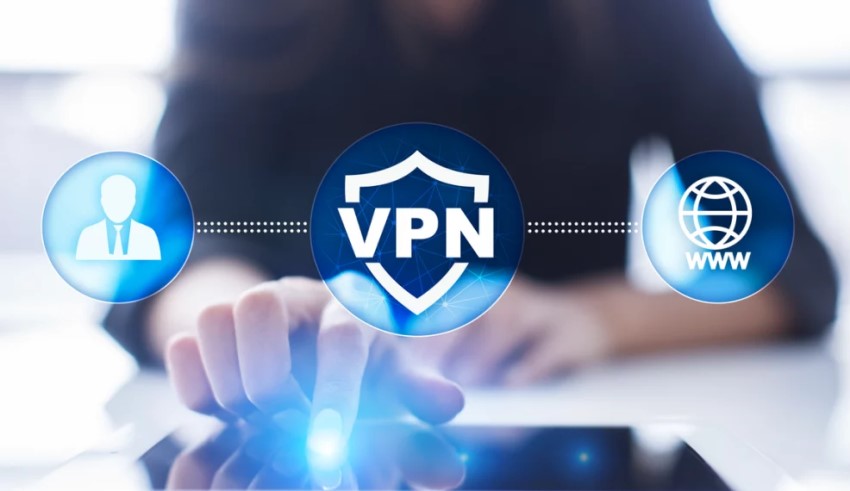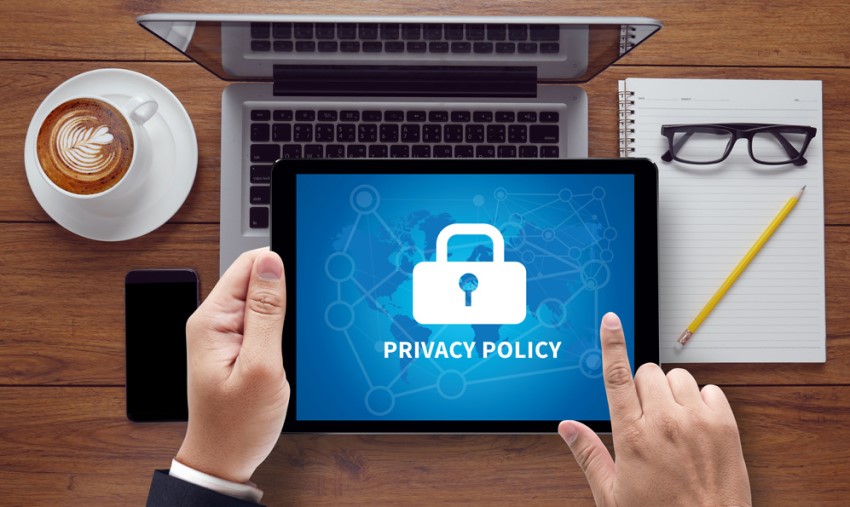Online privacy is an essential aspect of our digital lives, and it involves protecting sensitive information, such as personal data and online activities, from unauthorized access or use. VPNs are one of the best ways to protect online privacy. So, Why is online privacy important and How can a VPN help? Let’s find out with findmyip.xyz!
What is online privacy and why does it matter?
Online privacy, also known as internet privacy or digital privacy, refers to the protection of personal and sensitive information while browsing the internet. This includes data such as browsing history, financial information, and personally identifiable information. Online privacy has become a growing concern as more personal data is being shared online, putting users at an increased risk of identity theft and other cybercrimes.
Maintaining online privacy is important because it gives individuals control over their identity and personal information. Without this control, personal information can be manipulated and used for malicious purposes such as selling products or services, identity theft, or financial fraud. In addition, a lack of online privacy can lead to unwanted surveillance and tracking by advertisers or other entities.
Recognizing the importance of both security and privacy safeguards for systems, organizations, and individuals, the National Institute of Standards and Technology (NIST) has initiated several projects to develop stronger, more robust security and privacy programs. These efforts aim to provide a unified approach for protecting all types of data and ensure that both security and privacy are considered in the development of digital systems.

The benefits of using VPN for online privacy
A Virtual Private Network (VPN) is a technology that can provide users with a range of benefits when it comes to online privacy and security. One of the primary benefits of using a VPN is that it can hide a user’s private information and online activity, preventing websites and apps from tracking their behavior. By encrypting internet traffic, a VPN can keep information anonymous and secure.
In addition, a VPN can make it harder for a user to be tracked online, providing limited protection against those who may want to monitor their activity. This can be especially useful when using public Wi-Fi networks or other unsecured internet connections. A VPN can create a secure and encrypted tunnel between the user’s device and the VPN server, which can help to prevent cybercriminals and other malicious actors from accessing sensitive data.
Moreover, a VPN can also improve overall downloading experience, thanks to faster connection speeds and, in most cases, unlimited bandwidth. This can be especially useful for torrenting or other activities that require high-speed data transfer.
In summary, using a VPN can provide numerous benefits for online privacy, including hiding private information, preventing online tracking, and improving downloading speeds and security. While a VPN can provide some level of protection, it is important to note that it is not a foolproof solution, and users should still take other precautions to protect their online privacy and security.
How can a VPN help protect your sensitive information?
VPN is a tool that can help protect your sensitive information while you’re browsing the internet. VPNs work by encrypting your internet connection and routing it through a remote server, which hides your IP address and physical location. This makes it harder for others to track your online activities and see what you’re doing on the internet. VPNs can also prevent web browsers and other apps from accessing your connection, which helps keep the information you send and receive anonymous and secure.
One of the most important benefits of using a VPN is that it helps keep your sensitive information safe from prying eyes. When you connect to a VPN, your internet traffic is encrypted, which means that no one can see what you’re doing online, including your Internet Service Provider (ISP), hackers, and other third parties. This can be especially important when you’re using public Wi-Fi networks, which are often unsecured and can put your sensitive information at risk.

How to choose the best VPN for your needs
Choosing the right VPN service can be overwhelming, given the abundance of options available. Here are some factors to consider when selecting the best VPN service for your needs, based on the provided web search results:
Performance and reliability: The best VPN services offer fast and stable connections with minimal downtime. ExpressVPN, Private Internet Access (PIA), and Windscribe are some of the best options for overall performance and reliability.
Security and privacy: Look for VPN services that offer strong encryption, a no-logs policy, and advanced security features like kill switch and split tunneling. ProtonVPN and Hide.me are good options for security and privacy.
Compatibility: Choose a VPN service that is compatible with the devices and platforms you use. Most VPNs work on Windows, Mac, iOS, and Android, but some may not support other platforms like Linux or routers.
Cost: Consider the cost of the VPN service and whether it fits your budget. Some VPNs offer free plans, but they may have limitations on features or data usage. Surfshark is an affordable option that costs less than $2.50 per month.
Additional features: Some VPNs offer additional features like ad blocking, access to geo-restricted content, and support for P2P file sharing. ExpressVPN and TorGuard are good options for streaming and gaming, while IVPN is a good choice for torrenting.
Winding Up
Online privacy is important because it allows people to keep their personal information private. VPNs can help protect online privacy by encrypting and hiding the user’s online activities from the network they are connected to. VPNs can also help protect the user’s identity by allowing them to connect to a network anonymously.

